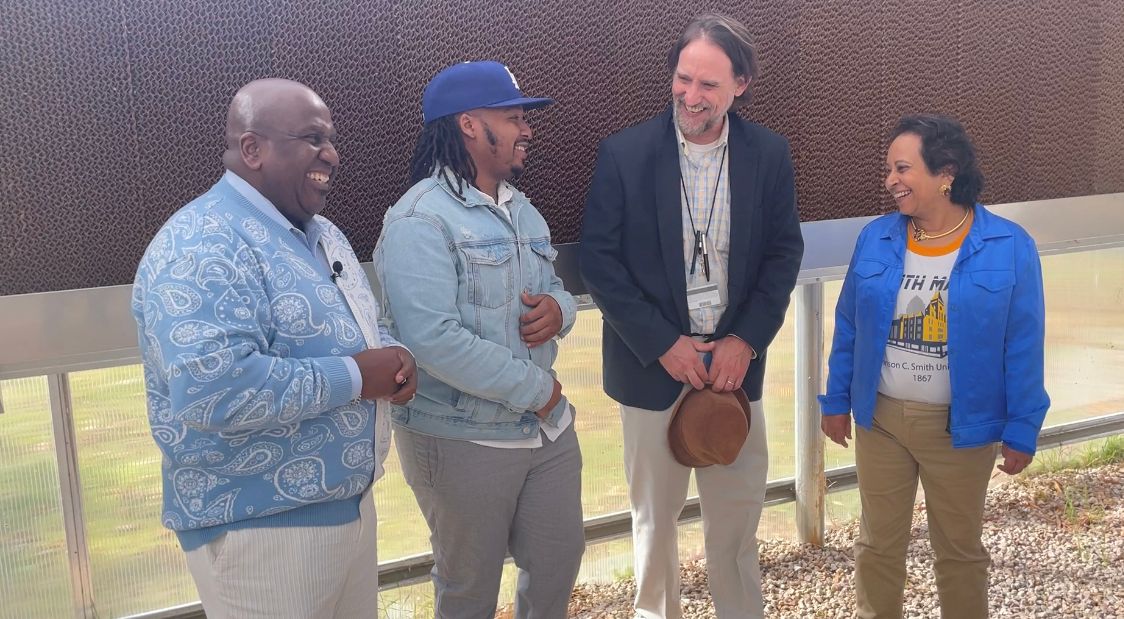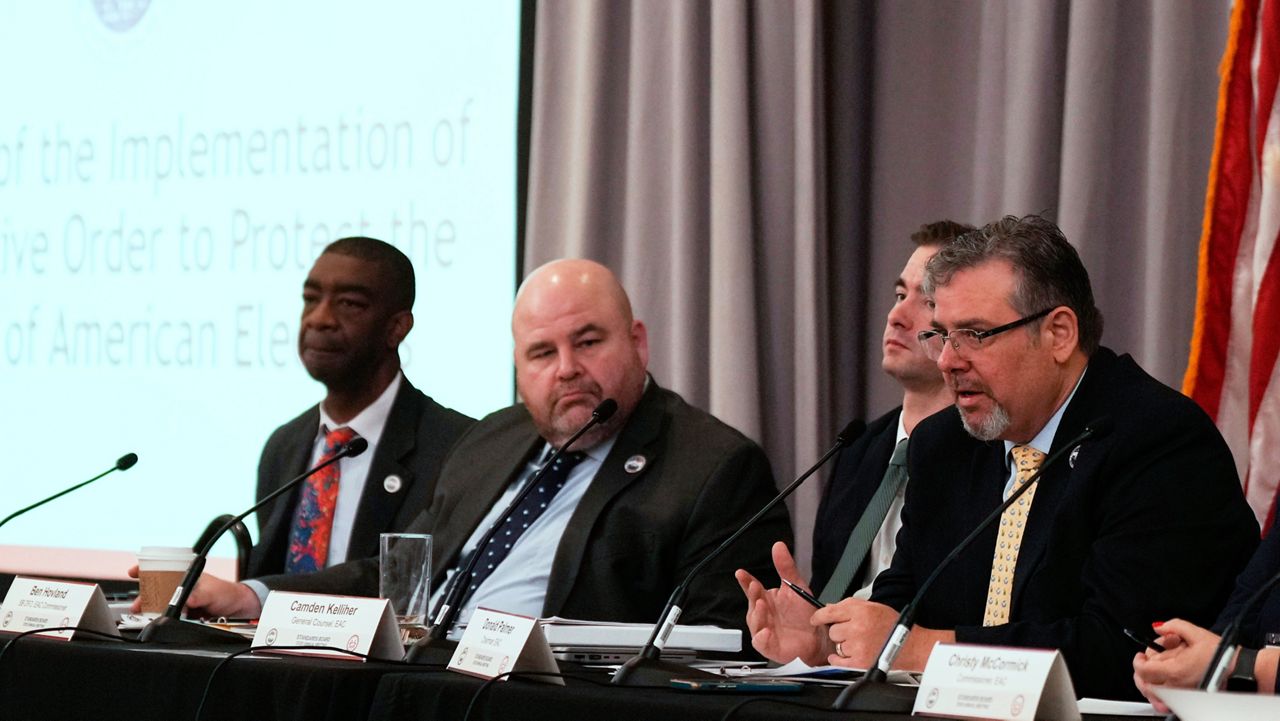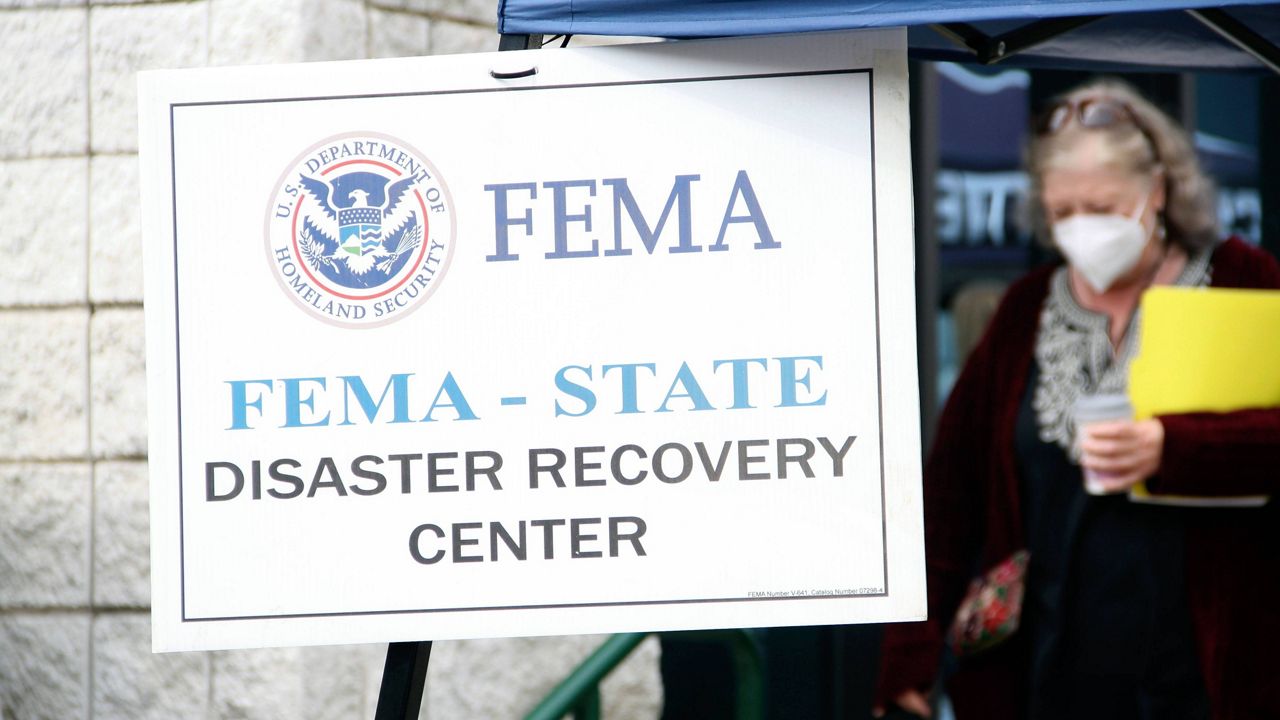CHARLOTTE, N.C. — Accessing healthy food options has been a struggle for some communities in the Charlotte area. A local college is helping to combat the issue by growing organic food on its campus grounds.
In 2013, Johnson C. Smith University launched a Substainability Village to tackle food insecurity across west Charlotte and the Beatties Ford Road Corridor areas.
The Sustainability Village includes hydroponic facilities and aquaponics greenhouses. It utilizes a soil-less system for growing healthy food, particularly in urban areas like Charlotte.
Part of this method includes using fish raised at the college.
Since its inception, the Sustainability Village has helped residents access healthy food options at markets, which includes 7th Street Market, Charlotte Regional Farmers' Market and Rosa Parks Farmers' Market.
"We have accomplished a lot," said Vijaya Gompa, dean for the College of Science, Technology, Engineering and Mathematics (STEM) at JCSU. "Our future [populations] need to understand sustainability. Our young students need to understand how we grow things."
Dr. Mark Dugo serves as assistant professor of ecology and director of The Center for Renewable Energy & Sustainability at Johnson C. Smith University. He's one of the staff members leading JCSU's Sustainability Village.
Dugo says educating folks on the importance of the village is a critical step towards addressing food insecurity.
"If you're in an area where you can't get healthy access to healthy foods then your local environment is not providing for your basic daily needs for a [better] quality of life," Dugo said.
Dugo says the garden provides healthy food to families who would've otherwise driven several miles away from their neighborhoods to find similar products.
He says the village is also teaching students how to grow food so they know how to meet dire food needs in the Charlotte community.
"You can pretty much grow about anything," Dugo said.
Dugo says the garden is already helping to close food gaps. Over the years, Dugo says the Sustainability Village has created healthier meals for people living in the west Charlotte area, a location considered to be lacking in quality food options.
"According to the new data, this zip code is not in a food desert anymore but it's still experiencing significant issues of food insecurity," Dugo said.
Dugo says JCSU is now partnering with local churches to educate more people about healthy gardening practicing, so they can create more accessible and healthier food options for the church community.
"We can help them build community gardens," Dugo said. "We also provide seedlings for local gardens because they may not have the greenhouse. We can get started earlier in the year, get them a head start in the growing for the spring season," Dugo said.
Will of God Outreach Ministries, located at 4700 Willard Street, is one of the churches working with JCSU to grown gardens.

Pastor Wilbur Hood pastors the church. He says his ministry has been taking the knowledge and resources they've received from JCSU to grow organic food items so they can ensure healthier food options are accessible for both the church and community they serve.
"It's about the sustainability of organics in our community," Hood said. "Over here on the west side, there's not a lot of organics products that are readily available and when you do find them, they're so expensive. When Dugo explained to me what [JCSU is doing] it made my heart leap because it's so important that we try and look out for people in this area that really can't afford to go out and buy this type of food."
JCSU credits support from the Blue Cross and Blue Shield of North Carolina and The Duke Endowment for helping to expand the Sustainability Village. Dugo says their support has put the college in position to produce more food to partner with Farm to Fork, a program where the farms fresh produce is supplied directly to customers at places like restaurants.
Dugo says the college aims to open a farmer’s market toward the end of 2023 so they can help more families and the campus community access healthy products for generations to come.
"One of the things about markets, they're not open every day of the week and they're seasonal. Because we have a greenhouse, we're hoping to have a six day a week market open at the Sustainability Village on campus," Dugo said.










